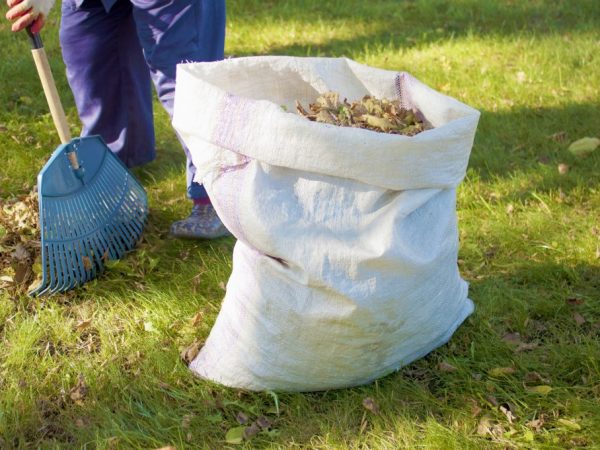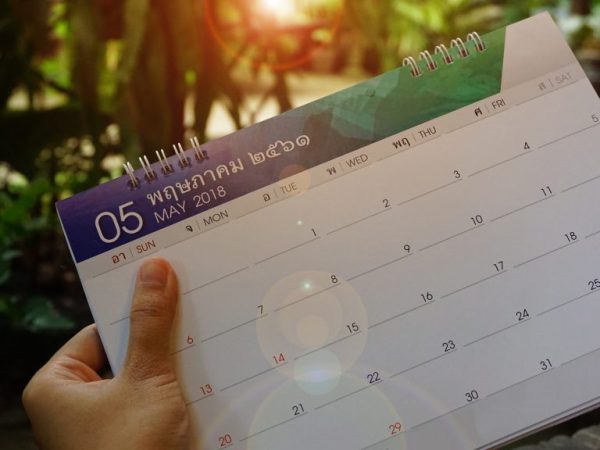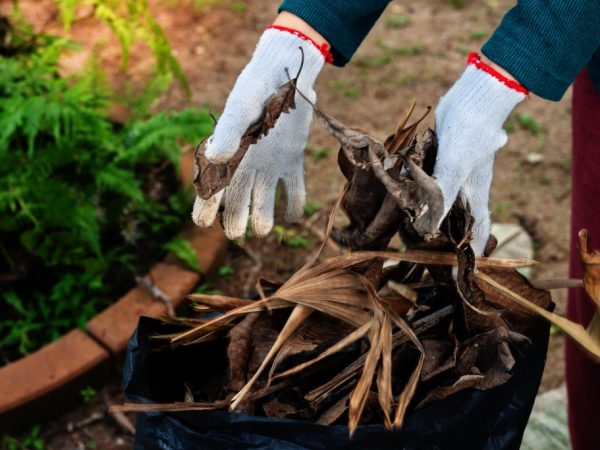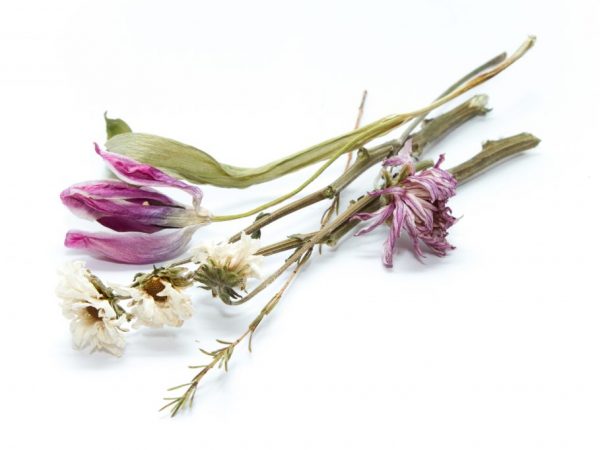Lunar calendar of the gardener and gardener for June 6, 2021
Sunday
- Picking: Tomato; Cabbage mid-ripening, late-ripening, red cabbage, kohlrabi; Cauliflower
- Stepping into: Tomato
- Sowing: Carrots, beets for bunch products; Radish, radish
- Cleaning: Mid-season and late potatoes; Garlic
- Sowing on green fertilizers: Cereals
- Rooting the mustache: Garden strawberries
- Weeding
- Sowing seedlings b / p: Tomato
- Cleaning: Carrots, beets for bunch products; Carrots for winter storage; Radish, radish
- Hilling: Early potatoes; Mid-season and late potatoes
- Landing: Garlic
- Removing the whiskers to enhance fruiting and improve rooting: Garden strawberries
- Cropping: Berry bushes; Raspberry, hedgehog; Fruit trees
- Pruning vines: Grapes
- Grubbing tree stumps
The influence of a lunar day
The waning moon does not contribute to productive activities in the garden area. All plants during this period seem to freeze, stopping in growth and almost not responding to external influences. On the 26th lunar day, it is best to plan further work, purchase equipment, seeds and fertilizers.

Garden work such as pruning and removing damaged and unnecessary branches and shoots, cleaning fallen leaves, and pest and disease control will be successful.
Gardeners can harvest carrots, beets, potatoes, remove excess shoots, dried tops and leaves. It is recommended to do top dressing and spraying of plants, dig up or loosen the soil. The day is suitable for cleaning the site: weeding, thinning seedlings, cleaning unnecessary plantings.
The 26th lunar day is not suitable for watering seedlings and working with plant roots.
The day has a positive effect on:
- cleaning fallen leaves, weeding weeds and unnecessary plantings;
- pruning trees and shrubs, feeding, spraying against pests;
- improving the quality of the soil: loosening, digging, fertilizing.
Negative impact of the day:
- watering any plantings on the site;
- work with plant roots.
Day of the week influence
Since ancient times, the last day of the week has been associated with positivity and joy. After all, the sun is the patron saint of Sunday, which means that the day is charged with positive energy, which is best used for rest and entertainment. That is why it is better to postpone hard, dirty work to the next week.
Experienced gardeners recommend limiting yourself to watering plants and fertilizing. It is this stage of work that will fill the plants with strength and charge them with solar energy for further growth and development.
Also on this day you can do aesthetic activities. The creation of flower beds and living fences can be quite successful.Such work will be enjoyable and positive, and the result will exceed expectations.
Digging or plowing work should definitely be postponed. This dirty job is not for Sunday. Better to plan all stages of work on weekdays. It is not yet recommended to engage in thinning beds, removing weeds, cutting or uprooting shrubs.
If there are seasonal fruits and vegetables that need to be harvested, you should limit yourself to the amount that the family can consume that day. It is better to transfer harvesting for the winter and collecting seeds to Monday.
Sunday does not imply parasitism. This day of the week is special and offers the following possibilities:
- Preparation and scheduling of work on weekdays;
- Carrying out aesthetic and decorative work in the garden, flower bed or vegetable garden. These are those that bring positiveness;
- Basic plant care work that requires minimal labor costs;
- Collection of fruits and vegetables for food.
And in order not to disturb the positive energy of the day, it is worth warning the execution of the following work:
- Do not take on hard and dirty work;
- Planting, thinning, tearing weeds, breaking branches, uprooting shrubs is prohibited;
- It is better to postpone the collection of gifts for blanks to other days.
No wonder it is said that Sunday is a day of rest and joy. The very energy of this day adjusts to calmness. And if you follow the above rules, you can gain strength and positive energy for a whole week.
Moon phase influence
At this time, the activity of plants begins to gradually decrease, all their energy and power accumulate in the rhizome.

Things to do
Since the plants are not currently disposed to rapid growth and the formation of young shoots, it is worth doing cleaning on the personal plot:
- ground tops;
- fallen leaves;
- weed grass;
- dried plants;
- backyard territory.
Sick or dead shrubs and trees can be uprooted. The formation of the crown, pruning of lateral shoots, branches will have a good effect on the state of garden vegetation.
What is undesirable to do
The moon in the 4th waning phase is not a very suitable time for planting seedlings and sowing seeds of plants with ground-based fruit formation. Planted in a given time period, they will:
- grow weak, short;
- take root badly;
- have less resistance to disease.
To a lesser extent, this applies to bulbous and root crops, in which the underground part is the main one, so they more easily tolerate the negative impact on their upper part.
In the last phase, it is worth abandoning watering, loosening the soil, digging it up. The roots are now sensitive to external influences and can negatively respond to damage, and excessive moisture can trigger the decay process.
Fertilization is allowed. It is allowed to spray the ground parts of vegetation with special agents against diseases and harmful insects.
The harvest of root crops collected during this period will have a short shelf life, the fruits will differ in wateriness. They can be canned, like ground fruits harvested at the same time. But salting or fermenting is not desirable.
The influence of the zodiac sign
The period when the Moon is in Aries is regarded by knowledgeable gardeners as a time of drought and a halt in plant growth. Aries is a sign related to the element of fire, therefore it symbolizes a hot period in nature.

At this time it is not worth it:
- Plant seedlings in the ground;
- Sow seeds;
- Root seedlings;
- Transplant plants;
- Excessively moisten the soil.
This time is dangerous due to dryness, so you should not carry out planting and transplant operations. Any manipulations with the soil should be postponed. The soil is dry and needs high-quality makeup. It is unlikely that gardeners will be able to sufficiently moisturize the soil on this day.
Seeds planted in the ground will not sprout, they will simply "suffocate" in the soil. It is not worth planting seedlings in the ground on this day, as it risks drying out and burning in the sun. She will not have enough strength to grow.
Even large and strong plants are not recommended to be replanted, because it will not be easy for them to adapt in dried soil. Soon after transplanting, the plants will begin to lose their vigor.
Harvesting
The time period when the Moon is in Aries is ideal for harvesting. The harvest on this day will be ripe and sweet. It can be canned and processed. The canned crop can be used within a year - it can be stored for a long time.
On this day, you can rid the beds of excess weed. Weeds consume too much nutrients from the soil, so it is best to get rid of them.
This time is good for cutting flowers. Bouquets made from flowers picked that day will last longer than usual.
It is recommended to replenish dried herb supplies. The medicinal herbs collected during this period of time will dry out quickly and for several years they will perfectly keep their healing effect and benefit you during seasonal illnesses.
You can also dry herbs, which are then ideal for seasoning various dishes. On this day, any cut grass will dry out in a matter of hours, which will have a positive effect on its medicinal properties.
